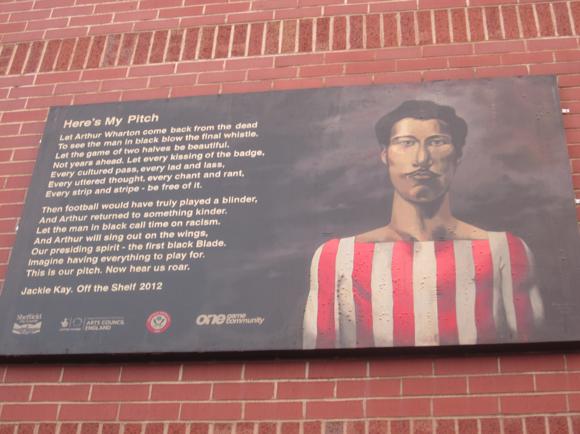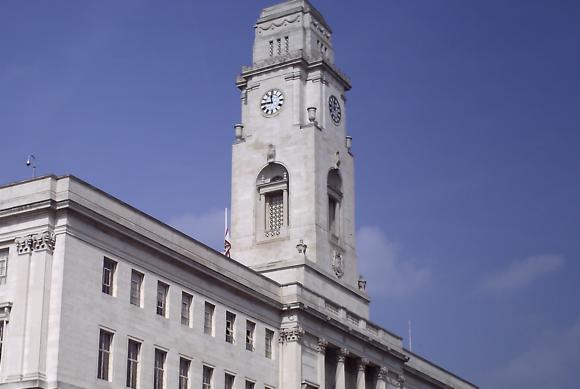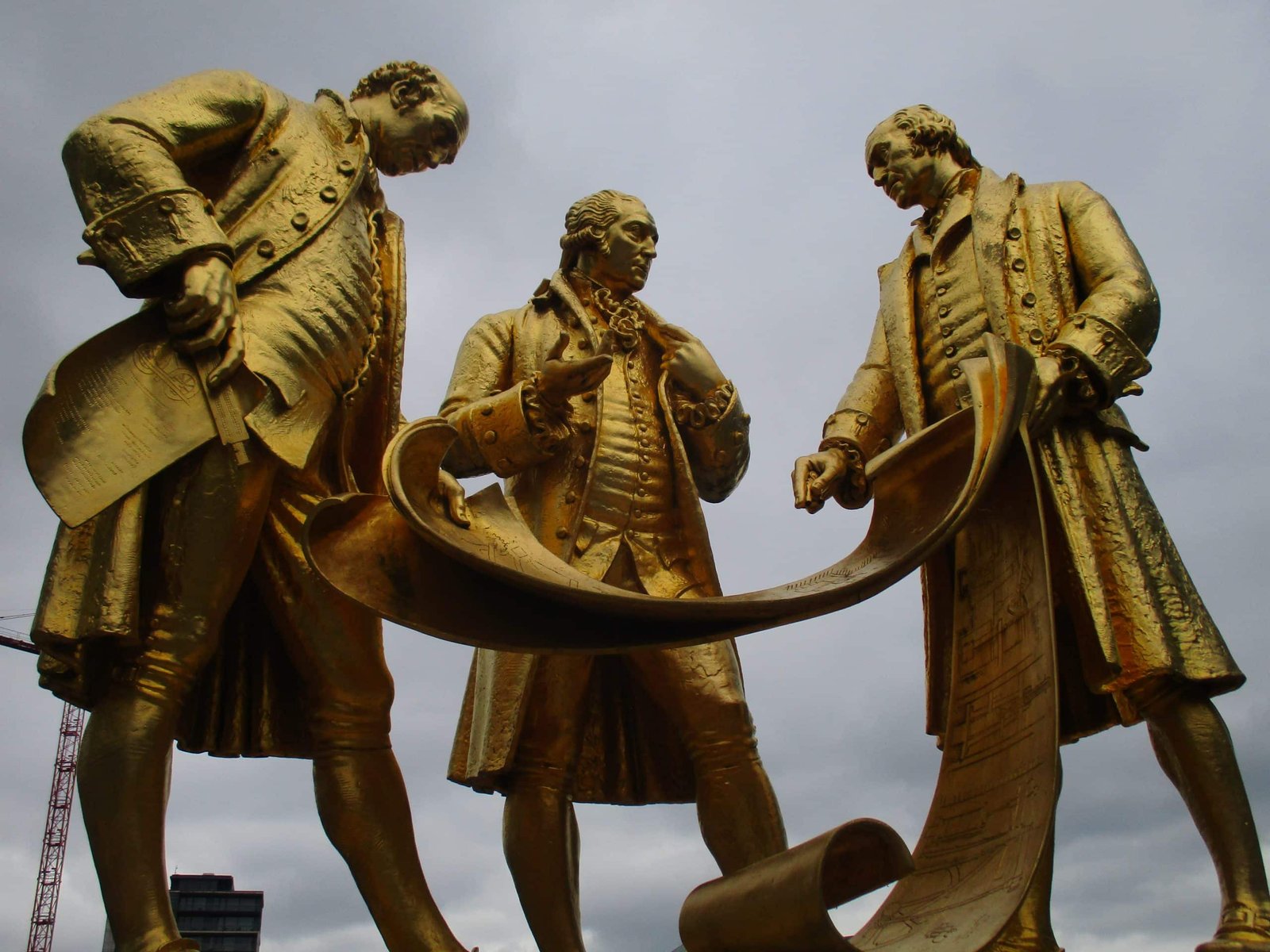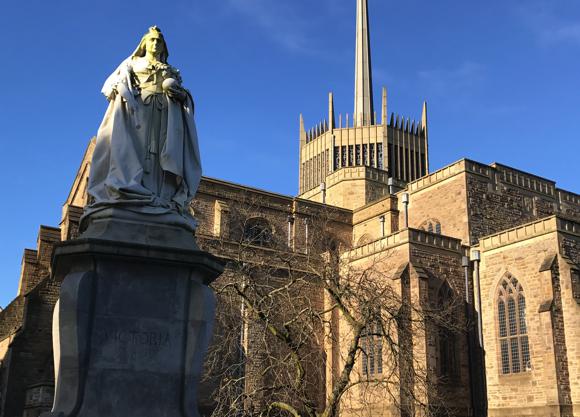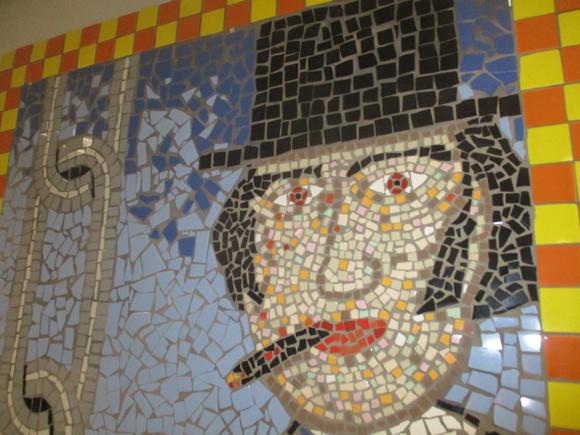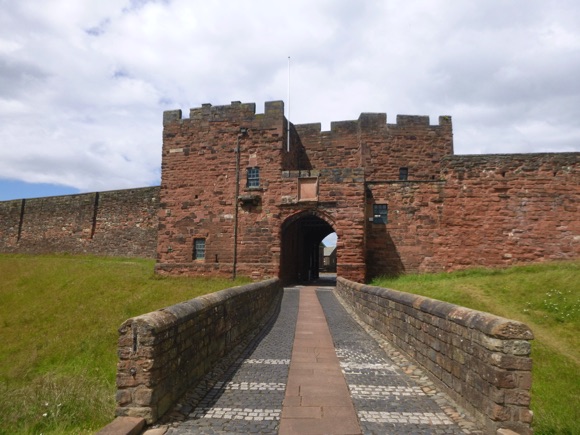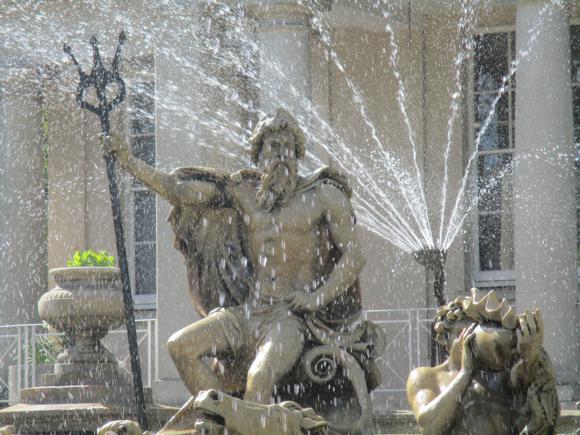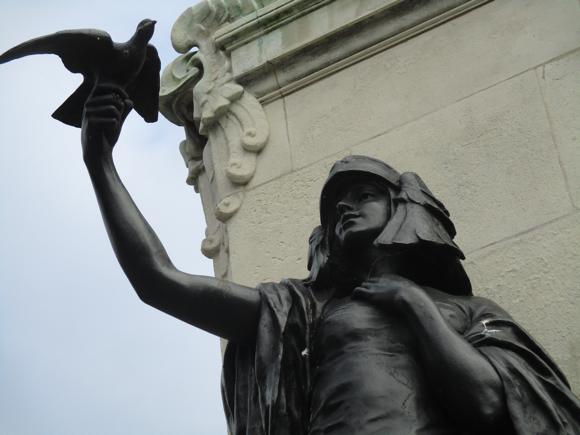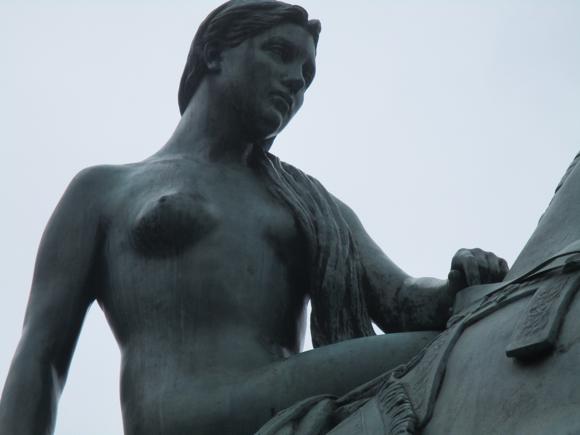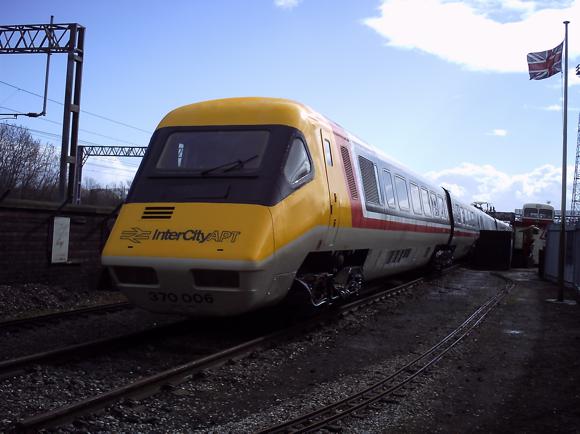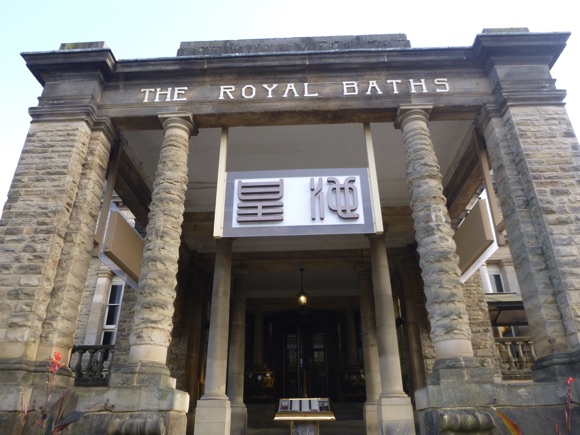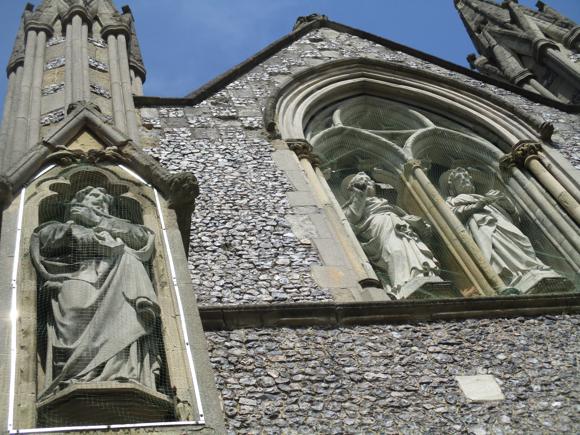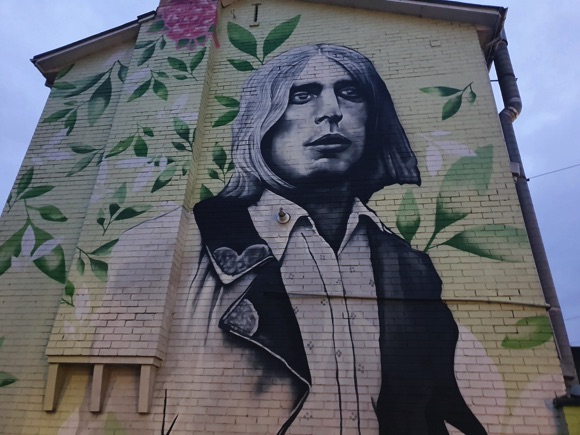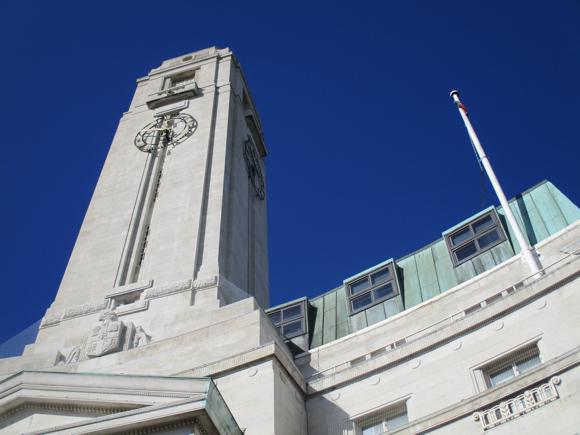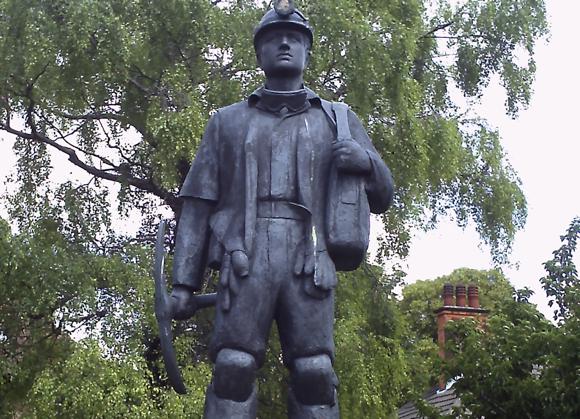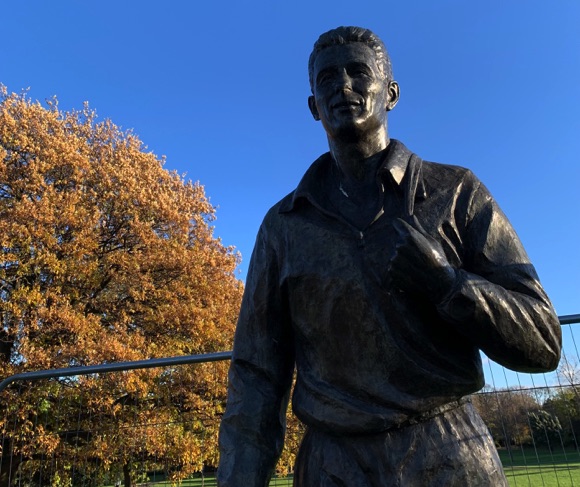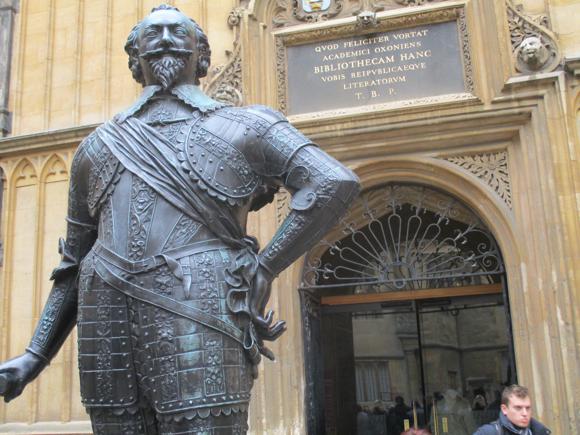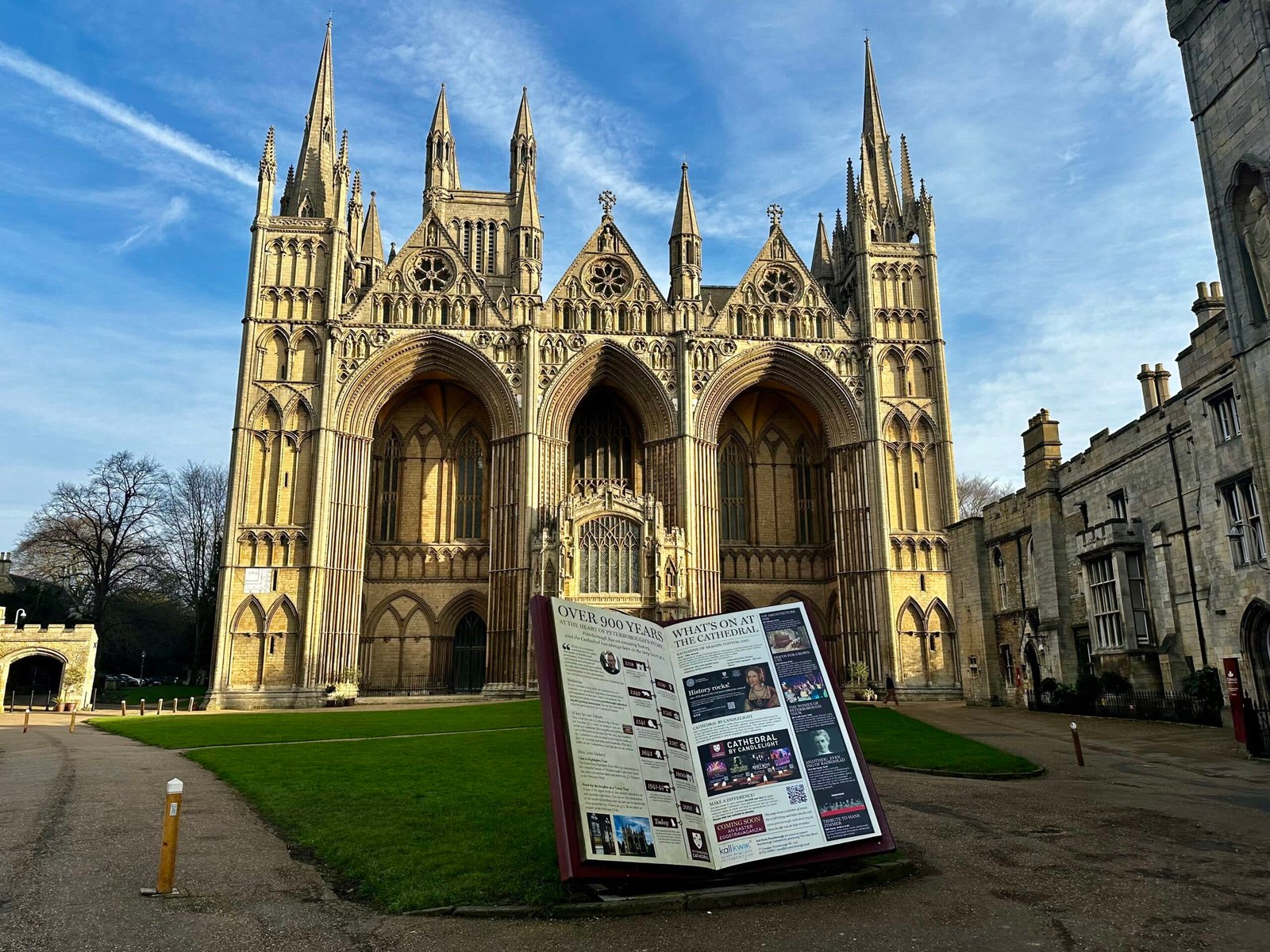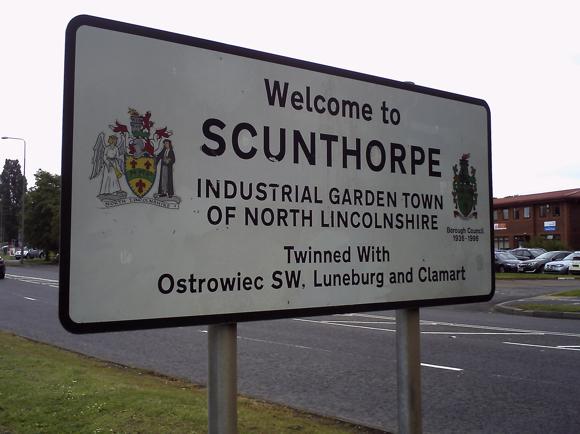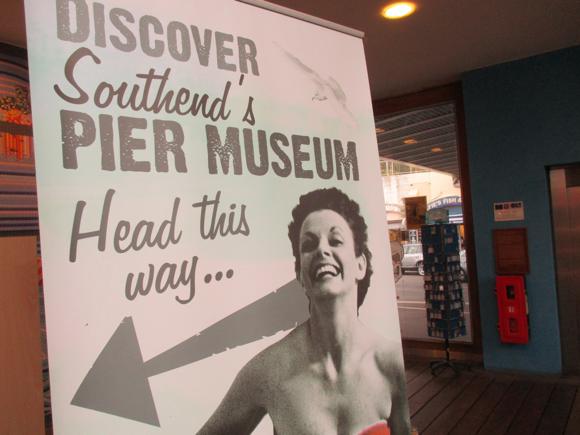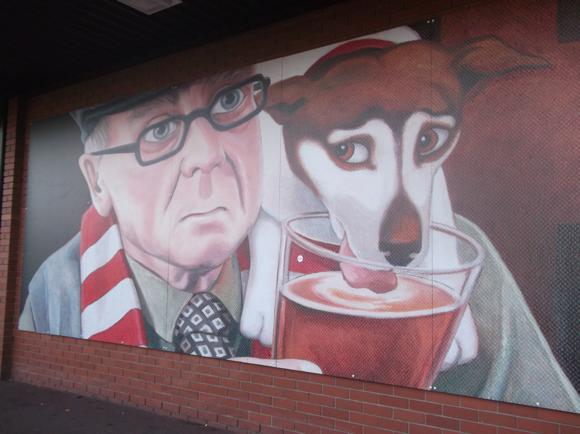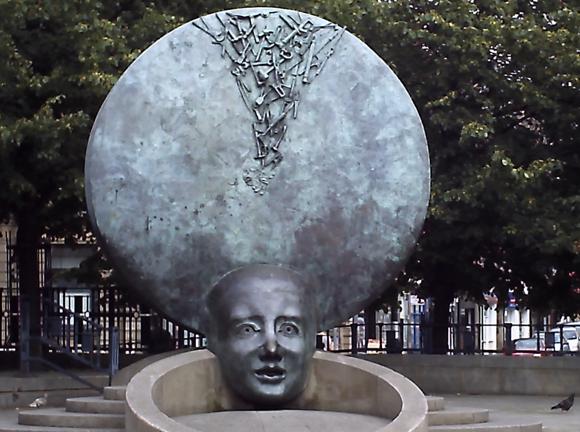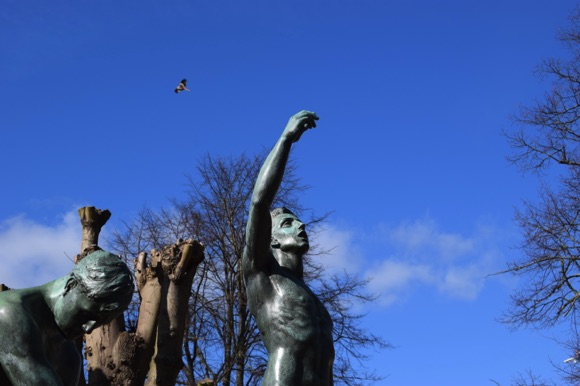Teams, tales and tips – a guide to the local game
No other city in the world could call itself ‘The Home of Football’ and offer weekend tours under that name. But Sheffield has every right. While the modern-day fan thinks of this South Yorkshire hub as the home of two recently relegated clubs – both Sheffield Wednesday and their opponents in the Steel City derby, Sheffield United, garnered nearly all their silverware before the war – there’s much more to soccer here than that.
A city of historic football firsts, Sheffield was where free-kicks, corners, throw-ins and even headers were first devised. Sheffield United were football’s first United, originally as a cricket team.

The Sheffield Rules of 1858 laid out concepts such as kick-offs, goal kicks and other dead-ball situations.
These rules were adhered to by Sheffield FC, the world’s oldest football club, founded the year before, and city rivals Hallam FC, the world’s second oldest. The so-called Rules Derby between them is also the world’s oldest football fixture, first played in 1860 at Hallam’s pitch at Sandygate Road – the world’s oldest football ground.
Amateur Cup winners in 1904, Sheffield FC now play at Dronfield, over the border in Derbyshire, and the Coach & Horses ground that draws regular curious visitors from around Europe. In 2011, cash-strapped SFC were forced to sell football’s first ever rule book, handwritten, for nearly £900,000. Today ‘The Club’, as they are known, lay on weekend football history tours of the city, taking in the earliest grounds, the modern-day stadia of Wednesday and United, Hallam and Dronfield. Contact info@sheffieldfc.com for details.
Usually apart in the league pyramid, Hallam and Sheffield FC still meet pre-season – though only for friendlies. Hallam’s trophy cabinet does contain the Youdan Cup, football’s first competitive tournament held in 1867, with 12 Sheffield clubs involved.

A year later The Wednesday, also formed from a cricket club, won the local Cromwell Cup. Pioneeering administrator Sir Charles Clegg was involved from the early days, going on to be chairman. He also chaired and presided over the Football Association and founded Sheffield United in 1889.
Wednesday having vacated Bramall Lane, a football ground since 1862, venue for the world’s first floodlit game in 1888, United were set up to bring in regular gate revenue. Wednesday then moved from nearby Olive Grove – recently proposed as a potential local home for Sheffield FC – to their own new ground at Owlerton out of town.
City mayor Sir William Clegg, brother of Sir Charles and a fellow ex-Wednesday player and England cap, took the first kick-off at the Owlerton Stadium, later named Hillsborough.
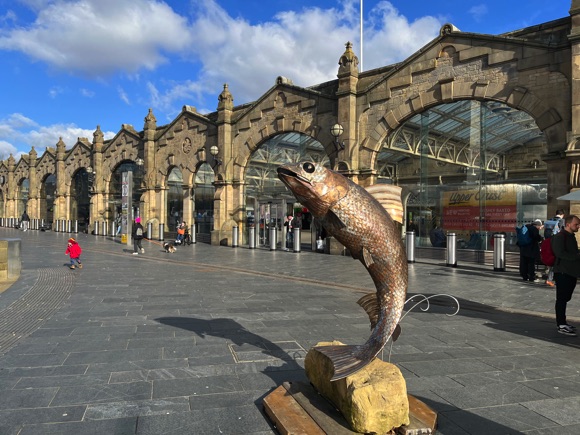


The first game between Wednesday and United, the Steel City derby, took place at Olive Grove in 1890. Honours have been almost even since, though the last top-flight derby was in 1994.
Each club had been successful at the turn of the 19th and 20th centuries, but neither Wednesday nor United have won the title since 1930.
The FA Cup provided the biggest clash of the modern era, the semi-final of 1993. In front of 75,000 at Wembley, Wednesday won 2-1 after extra time thanks to a Mark Bright header. The Owls then went on to lose a replayed final to Arsenal.
Wednesday would have met United in the 2014 quarter-final but for a home defeat to Charlton. The third-tier Blades then beat Charlton to reach the semi-final, a high-scoring defeat to Hull City.
Semi-final kick-off was delayed by seven minutes to mark the 25th anniversary of the Hillsborough Disaster. Venue for the 1966 World Cup and Euro ’96, Hillsborough had hosted several semi-finals before the tragic events of 1989. 97 Liverpool fans lost their lives in a crush at the notoriously overcrowded Leppings Lane end. Poor infrastructure and irresponsible policing were the main causes of the tragedy that led to all-seater stadiums being introduced across the country.
Getting Around
Arriving in town, local transport and timings
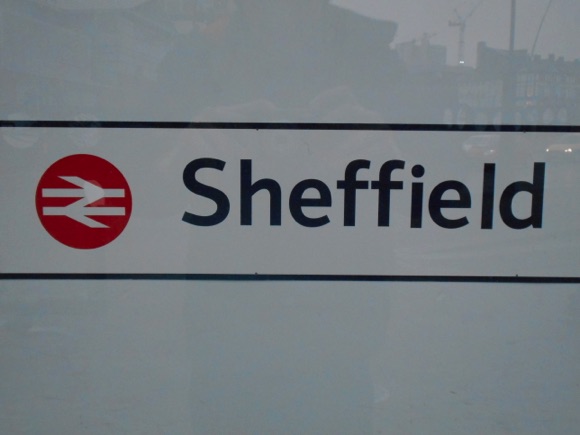
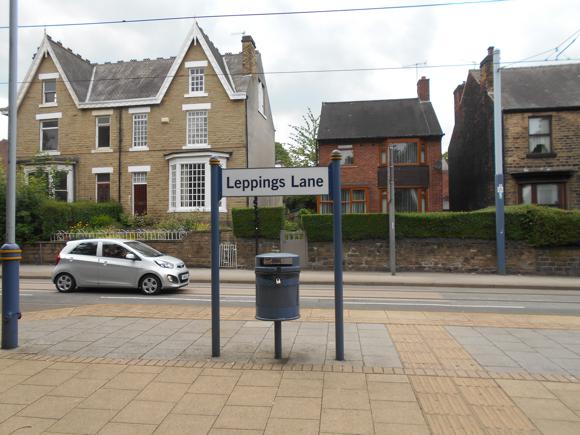
The nearest airport to Sheffield is Doncaster-Sheffield 43.5km (27 miles) away, with Leeds-Bradford, Manchester and East Midlands equidistant at just under 80km (50 miles) away. From Doncaster-Sheffield, bus X6 (single/day pass £6, every hr, Sun 90mins, journey time 1hr 10mins) goes to Sheffield Interchange, by the main bus station and close to the train station and city centre. Travel South Yorkshire oversees regional transport. City transport consists of a four-line tram network and local buses. A CityBus 1 day pass is £4.70, a CityWide 1 day pass including trams is £5.10.
Bramall Lane is walkable from the train station, while Hillsborough, three miles north-west of town in Owlerton, is an easy journey by frequent tram.
For the other airports, you’ll need to get into town first, then take the train to Sheffield – from Leeds (advance £7-£8), around 1hr 15min journey time, from Nottingham (advance £7) 1hr and from Manchester (advance £6) 50min-1hr.
A1 Sheffield Taxis quote £43 from Doncaster-Sheffield Airport and £58-£69 from the other three to Sheffield.
Where to Drink
The best pubs and bars for football fans

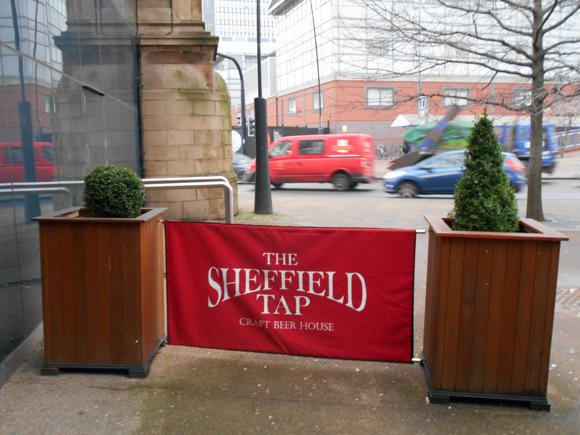


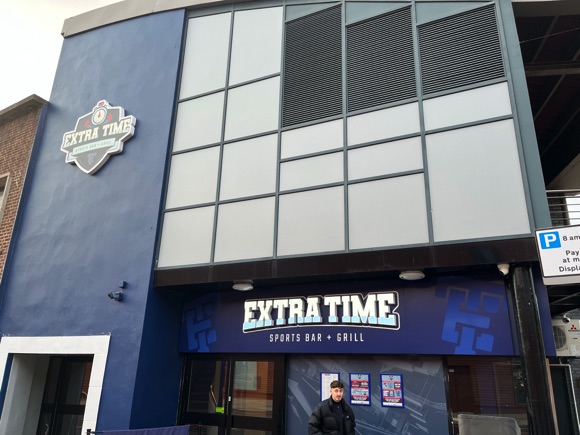

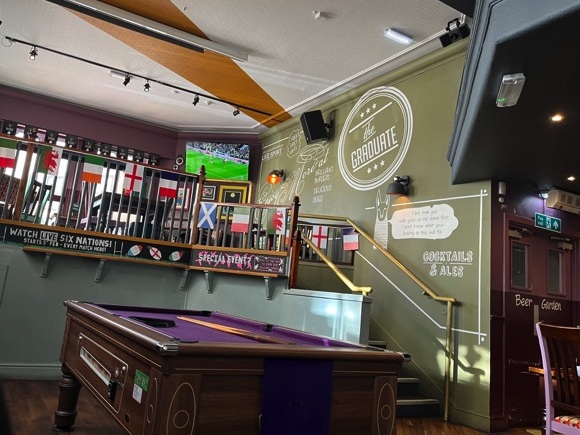


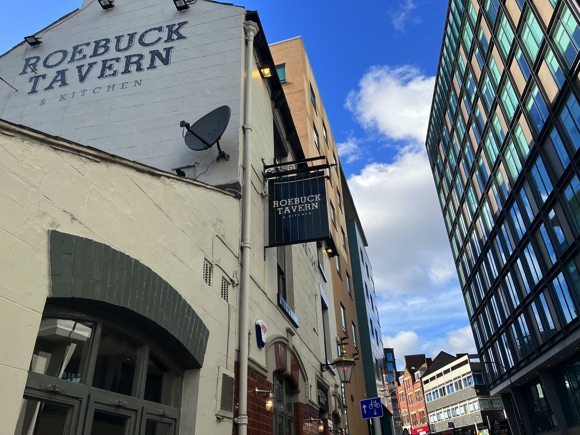
Those arriving in Sheffield will find the city full of pubs, from the station onwards. The former waiting room, The Sheffield Tap offers dozens of hand-pull cask ales and continental beers on tap and by the bottle.
For TV football, The Globe near Sheffield station on Howard Street is a lively choice, as is the sport-specific Extra Time on Brown Street, which makes decorative use of the most famous soundbite of football commentary.
Near the Crucible, The Graduate includes live sport among its many affordable, student-friendly attractions, while the Head of Steam fills a former bank with a regular clientele after craft beer and hulking burgers. On Charles Street, The Roebuck offers TV sport, pool and pub grub without being tied to any nationwide chain.

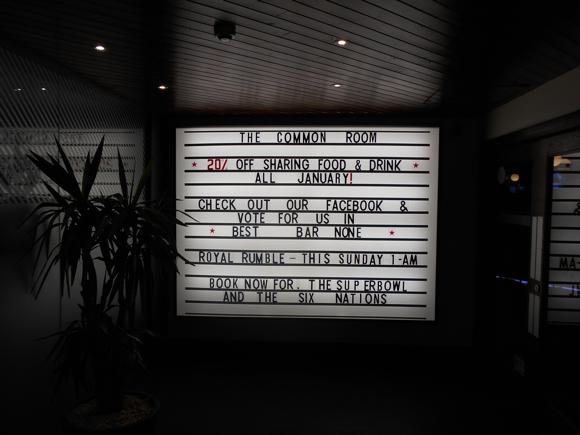

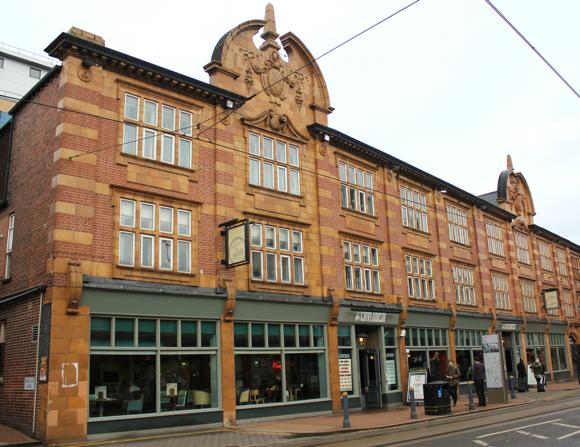


On the station side of town at Market Place, the Bankers Draft also has screens and the usual Wetherspoons drinks promotions. Over at The Forum, the US-style Common Room serves good pub food amid numerous large screens and a dozen cheap-to-play American pool tables.
The city’s nightlife hub is West Street, where 13-screen The Beehive and the spacious Cavendish can be relied upon for TV sports, drink offers and weekend party madness. If you’re staying at the chain hotels near Park Square, the Norfolk Arms will be your first port of call for multi-screen sport and occasional live music.
For a more sedate drink not far from the city centre, the revered Hallamshire House owned by Thornbridge Brewery complements quality ales with live music and a full-sized snooker table.
Where to stay
The best hotels for the grounds and around town
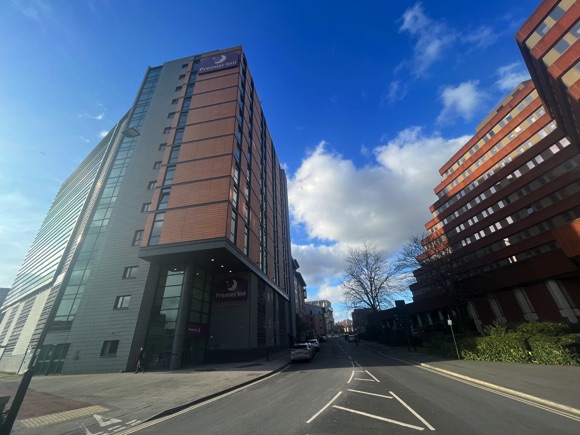
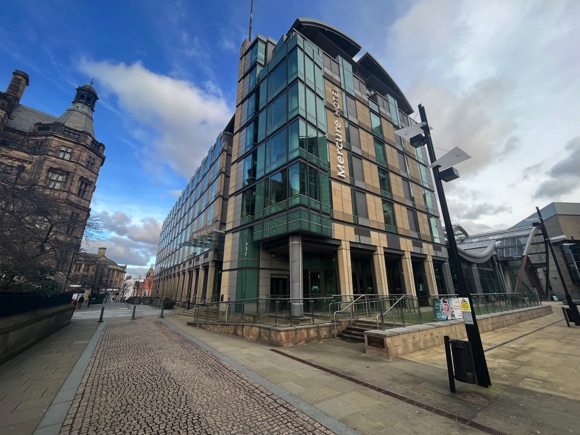
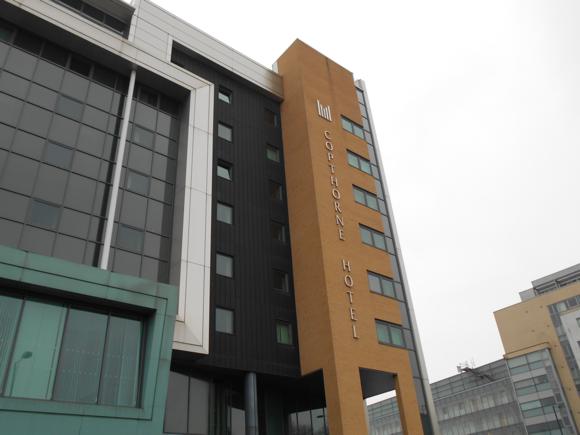

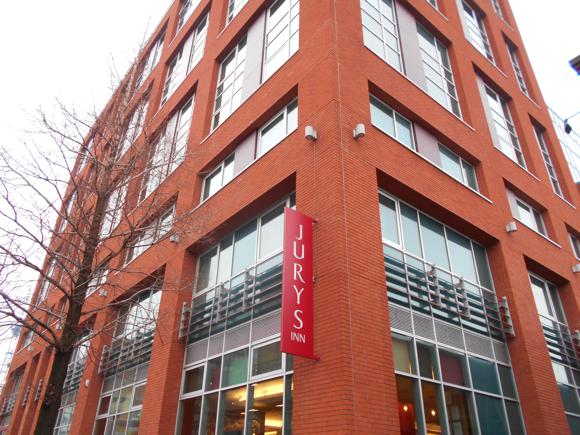


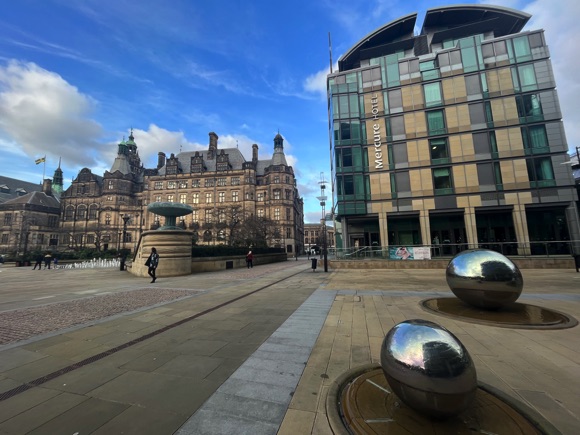
Welcome to Sheffield has a hotel-booking service.
Right by Bramall Lane, the Copthorne Hotel Sheffield is currently closed, tied up in a legal dispute linked with the sale of Sheffield United. From 2009 to 2020. the hotel accommodated many of the club’s activities, Annie’s Bar catering to season-ticket holders on match days, with corporate and hospitality packages available. A buyer has yet to be found.
Convenient for both stadium and station, the Premier Inn Sheffield CC St Marys Gate Hotel, ibis budget Sheffield Centre St Mary’s Gate, Jurys Inn Sheffield and the Novotel Sheffield Centre Hotel provide reliable comfort at varying price ranges.
More central, the Mercure St Paul’s Hotel & Spa provides a pool, sauna, steam room and restaurant. Another chain, the Best Western Cutlers Hotel close to snooker’s famous Crucible Theatre, has special deals for those making a pilgrimage to Sheffield FC matches.
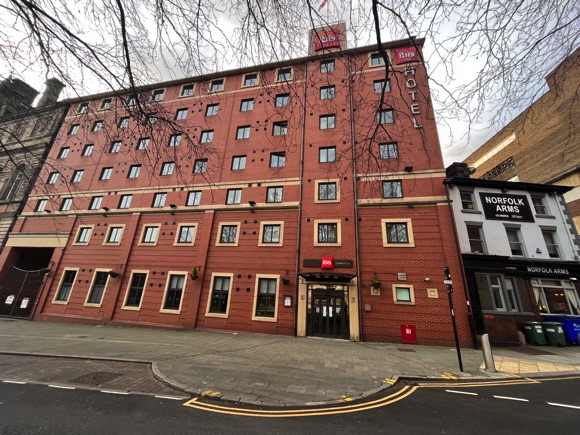
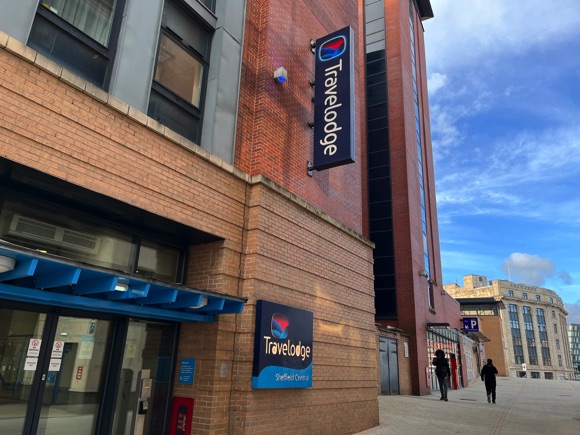

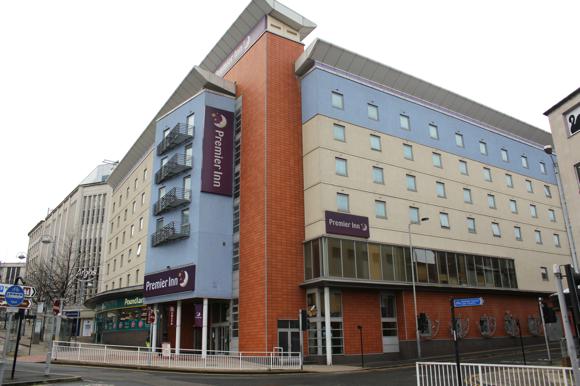

For Sheffield Wednesday, the Garrison Hotel is a comfortable retreat created from a former guardhouse.
The hub of budget chains – the ibis Sheffield City, the easyHotel Sheffield City Centre and the Travelodge Sheffield Central – around Park Square is conveniently located at that end of the city centre.
There are also two budget chains, an ibis and a Premier Inn, by the entertainment complex around the Sheffield Arena near the Arena/Olympic Legacy Park tram stop.



